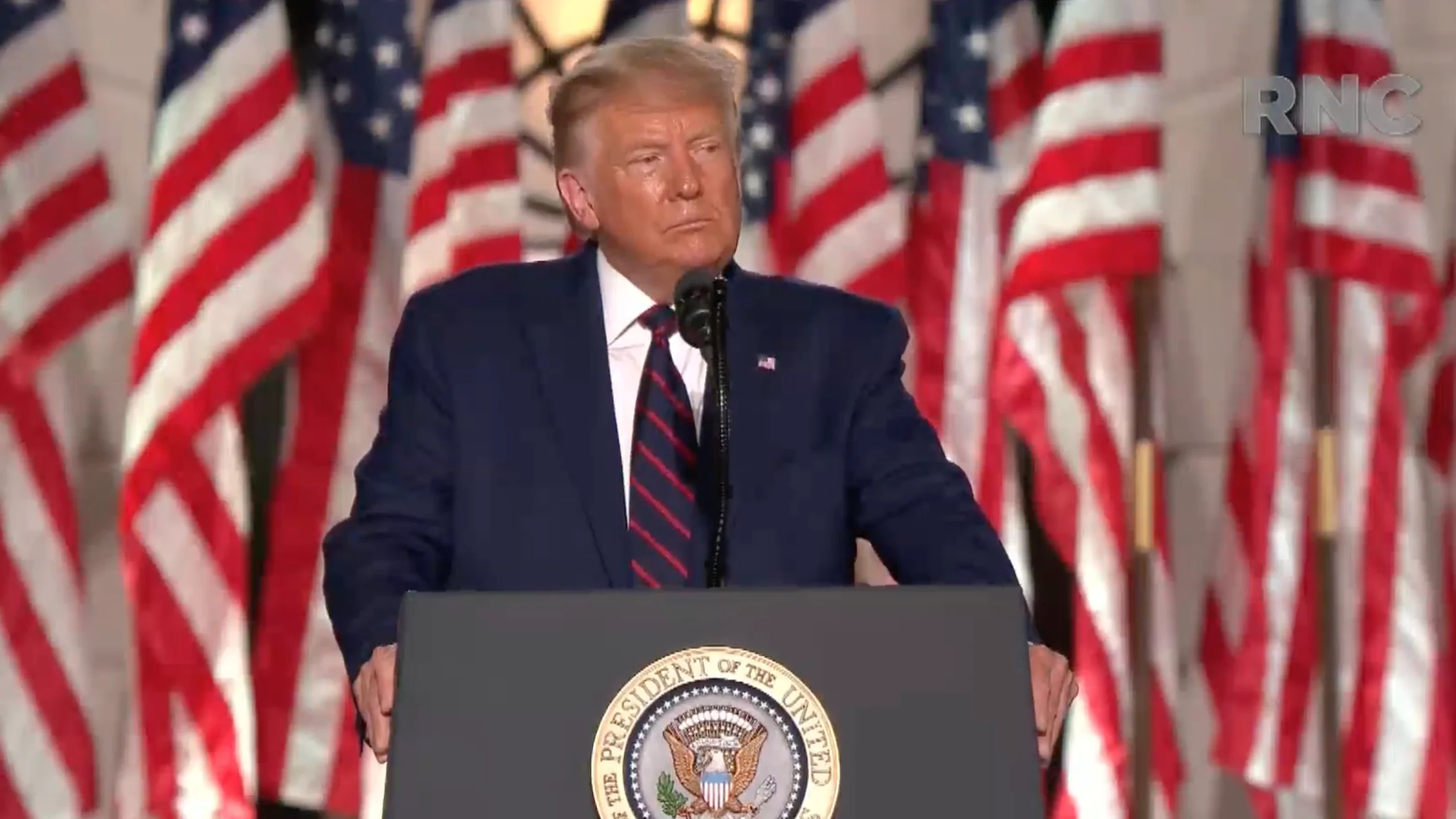The Senate on Tuesday moved forward on a motion to override President Donald Trump’s veto of the National Defense Authorization Act, the important appropriations legislation that funds the U.S. military and sets annual defense priorities.
Senate Majority Leader Mitch McConnell, R-Kentucky, emphasized the importance of the NDAA.
“Congress has returned to work this week to enact the 60th annual National Defense Authorization Act into law,” McConnell said. “Yesterday, a bipartisan supermajority in the House voted to reapprove the conference report of this must-pass legislation. Today, the Senate will set up a final vote for tomorrow — Wednesday — for this chamber to follow suit. Soon this important legislation will be passed into law.”
Trump unexpectedly vetoed the NDAA just before Christmas. Though Trump had complained that the NDAA did not include a repeal of Section 230 of the Communications Decency Act and derided a provision that would rename military posts named for Confederates, he was still expected to sign the act. When he refused and issued a veto, it was overridden by the House.
“President Trump has rightly noted this year’s defense bill doesn’t contain every provision that we Republicans would have wanted,” McConnell continued. “I’m confident our Democratic colleagues feel the same way. But that is the case every year. And yet, for 59 consecutive years and counting, Washington has put our differences aside, found common ground, and passed the annual defense bill.”
“Not once in six decades has a Congress let its differences prevent it from completing this work for our national security and our men and women who wear the uniform,” McConnell explained. “This year’s NDAA will continue our momentum in rebuilding and modernizing our armed forces. It will authorize the personnel, equipment, tools, and training we need to reinforce the National Defense Strategy and deter great-power rivals like China and Russia.”
“It will cement our advantage on the seas, on land, in the air, in cyberspace, and in space,” McConnell stated. “And the bill will help us continue to recruit, retain, and support the men and women who keep us safe. It provides a pay raise for the troops, improvements for military housing, childcare, and more. For the brave men and women of the United States Armed Forces, failure is not an option. So when it is our turn in Congress to have their backs, failure is not an option here either.”
“I urge my colleagues to support this legislation one more time when we vote tomorrow,” McConnell said.
Sen. Bernie Sanders, I-Vermont, objected to the Senate voting to override Trump’s NDAA veto before holding the vote to increase the COVID individual direct payment checks from $600 to $2,000.
That came after McConnell blocked a Democratic proposal to ask unanimous consent on the stimulus check issue. Rather than addressing the size of the individual direct payments checks as a stand-alone issue, McConnell wants to also address Trump’s concerns about Section 230 protecting social media companies like Twitter and Facebook from lawsuits over their content as part of the bill to increase the stimulus checks.
The Senate is expected to override the president’s veto of the NDAA later Wednesday and then take up the stimulus check issue.
The 117th Congress will be sworn-in on Sunday, which means that the 116th Congress has to wrap all of its business by this weekend. All legislation not passed and signed into the law by the president in this Congress dies and would have to be reintroduced in the next Congress and start the whole process over again.





















































